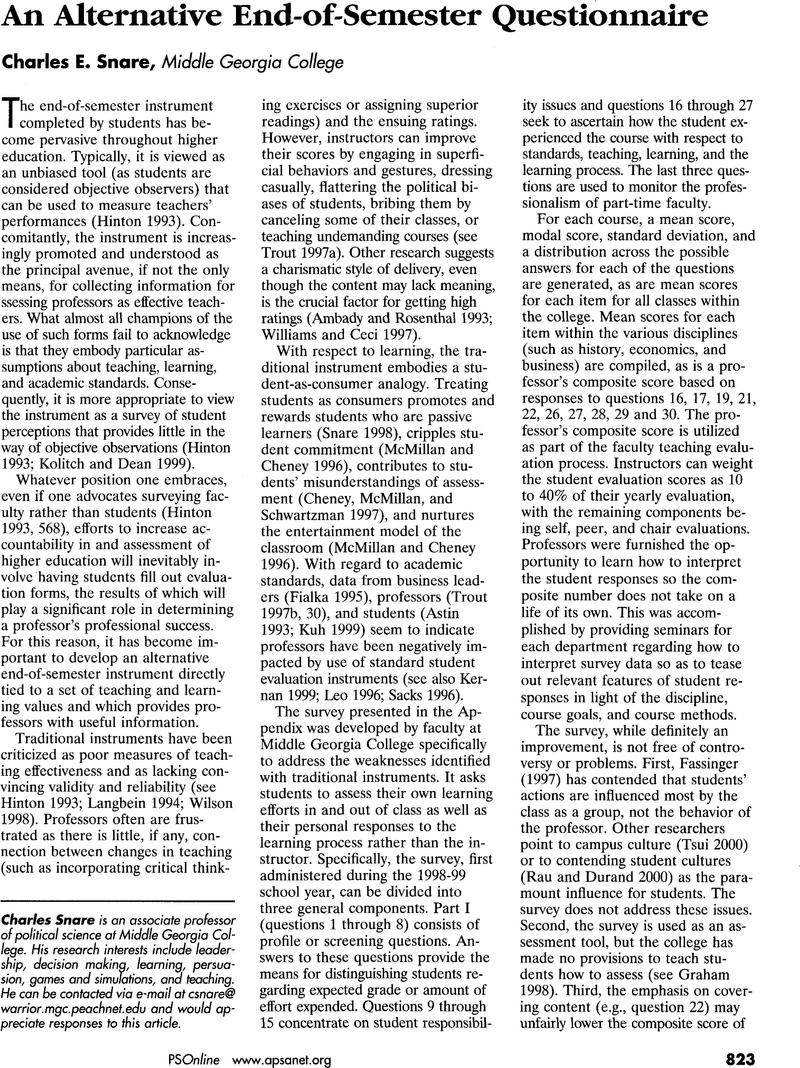Crossref Citations
This article has been cited by the following publications. This list is generated based on data provided by Crossref.
SCHWARTZMAN, ROY
and
BOUAS HENRY, KELLY
2009.
From Celebration to Critical Investigation: Charting the Course of Scholarship in Applied Learning.
Journal of Applied Learning in Higher Education,
Vol. 01,
Issue. Fall,
p.
3.
Schwartzman, Roy
and
Carlone, David
2010.
Communication, Relationships and Practices in Virtual Work.
p.
46.
Yang, Seungwon
Oh, Sanghee
Wildemuth, Barbara M.
Pomerantz, Jeffrey P.
and
Fox, Edward
2011.
Teaching and Learning in Information Retrieval.
Vol. 31,
Issue. ,
p.
199.



